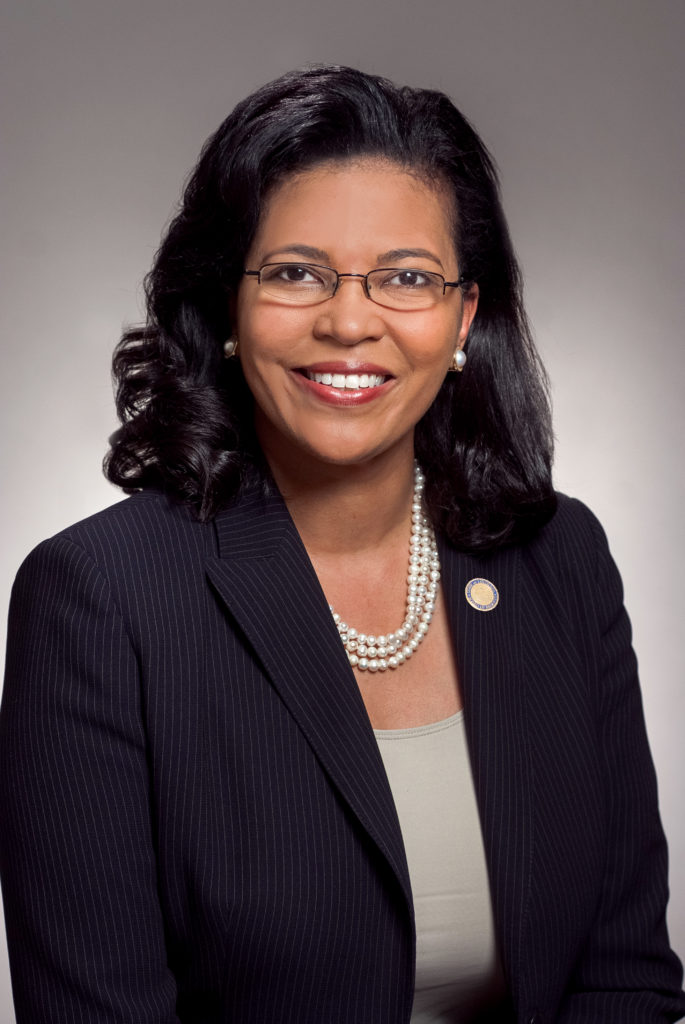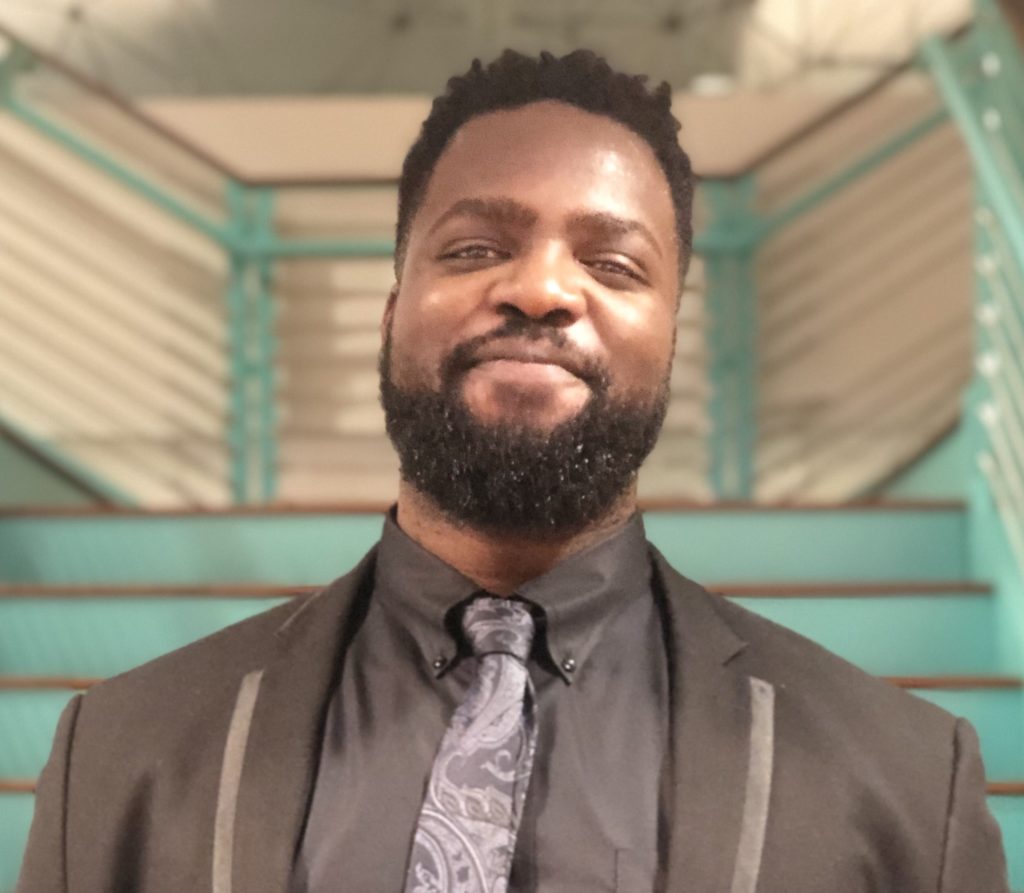Association recognizes leadership, dedication, and innovation in state higher education policy and administration
Boulder, Colorado – The State Higher Education Executive Officers Association (SHEEO) has announced the organization’s SHEEO Excellence Awards recipients. The awards recognize the leadership, dedication, and innovation of exceptional SHEEOs, agency staff, and agencies at a time when state policy success is increasingly linked to student success and, in turn, states’ economic and social prosperity.
Reflecting on the SHEEO Excellence Awards, Dr. Robert Anderson, president of SHEEO, said, “SHEEO is extremely proud of and grateful for the work of all state higher education executive officers, their agencies, and the agency staff members. We know that these individuals and agencies work every day to advance student success and to ensure that the higher education systems in their states are working to improve the lives of all people. It is, therefore, an honor to recognize the winners of this year’s SHEEO Excellence Awards.”
Exceptional Leader Award
The Exceptional Leader Award is presented to a current state higher education executive officer from a member agency who has shown exceptional leadership, a commitment to higher education, a contribution to the greater good, and service to the SHEEO Association within the last year.
Dr. Kim Hunter Reed is Louisiana’s commissioner of higher education, holding the position since April 2018. Reed has served on the SHEEO Executive Committee since 2019 and currently serves as the chair elect. She is the only female in the country currently serving as a state higher education leader who has led higher education in more than one state. Reed also served effectively at the federal level as deputy under secretary at the U.S. Department of Education in the Obama administration.
Working with the Louisiana Board of Regents and the state’s public and private institutions, Reed is a nationally recognized student advocate, leading the state’s talent development efforts designed to double the number of residents with a postsecondary credential of value by 2030.
During her two years in office, Reed launched a Master Plan for Higher Education that has quickly become a statewide guidebook adopted by multiple public agencies and cited by organizations as “the plan” to support human development and improve Louisiana’s overall prosperity. Moody’s Investors Service, a leading provider of credit ratings, research, and financial risk analysis, reported that Louisiana’s Master Plan for Higher Education, if accomplished, will mean “greater economic competitiveness” and will be “credit positive” for the state moving ahead. Reed and her board’s vision to reach the state’s audacious attainment goal includes expanding access and affordability, eliminating persistent and damaging equity gaps, and significantly increasing adult learners’ education levels.
Reed is a relentless advocate for all of the people of Louisiana. Her ability to collaborate and bring diverse teams together to achieve innovative, student-focused results is demonstrated through her coordinated work as co-chair of a statewide Dual Enrollment Task Force, an HBCU Advisory Committee, and the Governor’s Workforce and Education Sub-Cabinet.
“I can’t think of anyone more deserving for this award than Comm. Kim Hunter Reed,” said Louisiana’s Governor John Bel Edwards. “She is passionate about making higher education accessible and attainable for all of Louisiana’s students. She is an exceptional leader, and I’m grateful to have her as part of my administration, and for the tremendous work she is doing to help empower our future leaders. Congratulations on this distinguished honor.”
“Kim Hunter Reed is the rarest of leaders,” said Louisiana Community and Technical College System President Monty Sullivan. “She is extraordinarily capable, compassionate, and most importantly, guided by a central focus of making life better for people through education. She understands the multiple missions within our higher education landscape and brings tremendous energy to our work in talent development. We are fortunate to have her back in Louisiana making a difference for the people of our state.”
“Louisiana is fortunate to have Dr. Reed leading higher education in our state,” said Council for A Better Louisiana President Barry Erwin. “She is passionate about increasing the education levels of our people and committed to equity so that every person has the opportunity to prosper. She doesn’t see obstacles, she sees opportunities. Couple that with her ability to bring all stakeholders to the table and create collaborations that yield results, and you have a truly exceptional leader who is making a difference in the lives of thousands of Louisiana citizens.”
Exceptional Agency Award
The Exceptional Agency Award is presented to a member agency whose innovative actions, policies, or practices advanced student success in their state; which displayed exceptional governance practices; which overcame exceptional challenges; or displayed other meritorious attributes within the last year.
The Tennessee Higher Education Commission (THEC) has demonstrated a consistent commitment to advancing postsecondary education and student success within Tennessee.
Accomplishments in recent years include:
THEC Executive Director Mike Krause is quoted as saying, “Our team works every day to ensure Tennesseans are able to realize their dreams through higher education. Whether it’s a single parent using Tennessee Reconnect to go back to get their degree, or a first-generation student being coached through the FAFSA process, THEC staff bring a sense of purpose to everything we do. This award recognizes that relentless focus, and this recognition belongs to our board and every member of our team.”
Bill Lee, governor of the State of Tennessee, praised THEC and said, “The Tennessee Higher Education Commission has been recognized for their outstanding contribution to student success in our state across colleges, universities, and TCATs. I am proud of our organization for representing the best of higher education and readying students for life beyond the classroom and in a career.”
Evan Cope, chair of the Tennessee Higher Education Commission, said, “It is gratifying for our agency to be recognized for the outstanding work Director Krause and our staff do on a daily basis to make Tennessee’s higher education system a model for the nation.”
Dr. Robert Anderson, president of SHEEO, said, “THEC has been the standard-bearer for many years regarding innovative higher education policies that serve their students and state more effectively. The student-centered focus of this team under Executive Director Krause and THEC leadership has helped transform what is possible within a state higher education landscape.”
David L. Wright Memorial Award
The David L. Wright Memorial Award is named in honor of the late David Wright, an esteemed colleague and leader in state higher education, who served in the Tennessee Higher Education Commission, the State Higher Education Executive Officers Association, and the Florida Governing Board. This award recognizes a current SHEEO agency staff member, from a member agency, who embodies the exceptional commitment, work ethic, and ethical practices of David Wright and made outstanding contributions to their agency.
Leroy Wade has worked for the Missouri Department of Higher Education & Workforce Development for 34 years. He joined the department as a research associate in 1986, was promoted to senior associate in 1991, and became the director of proprietary school certification in 1997. In 2005, he took on the additional role of director of the state’s student financial aid programs. He became an assistant commissioner in 2007 and deputy commissioner in 2013.
Although Wade has served the department in many capacities, his greatest passion is student financial aid. In 2018, he led a task force that recommended creating a new financial aid program that provides full-tuition awards to adults pursuing degrees and certificates that will allow them to work in high-demand occupations. Legislation based on the task force’s recommendations was passed in May 2019, and students began enrolling in classes supported by the program in August 2019. The speed with which this program was implemented is evidence of Wade’s commitment and work ethic. Most recently, Mr. Wade’s duties have expanded significantly to include leadership of the financial aid programs and, in testament to his professional integrity, all budget and human resources for the department’s 350 employees and a payroll of more than $15 million.
A member of Wade’s staff shared, “I have had the pleasure and honor to work with Leroy for more than 17 years. In that time, I have met many dedicated professionals but few with Leroy’s passion for, and commitment to, helping students. This isn’t just a job for him, or even a career, but something he believes in to his core. Everything he does centers on what is the right thing to do for students no matter how hard it is to do, a value that he has instilled in those of us who work with him. Leroy sets an example to aspire to because he lives what he believes with great character and strength.”
When notified of his award selection, Wade responded, “I am honored and humbled by my selection for this award. My service to the state of Missouri and higher education has brought me great fulfillment, and I hope that my work has made a difference to the students we ultimately serve. I know what an impact higher education has had on my life, and my deepest desire is to bring those rewards into the reach of others.”
Zora Mulligan, commissioner of higher education for the Missouri Department of Higher Education & Workforce Development, shared, “Mr. Wade is a tremendous professional to whom the state of Missouri owes a huge debt of gratitude. He is an outstanding example of the many professionals around the nation who do the real work of our SHEEO agencies.”
###
The State Higher Education Executive Officers Association (SHEEO) serves the chief executives of statewide governing, policy, and coordinating boards of postsecondary education and their staffs. Founded in 1954, SHEEO promotes an environment that values higher education and its role in ensuring the equitable education of all Americans, regardless of race/ethnicity, gender, or socioeconomic factors. Together with its members, SHEEO aims to achieve this vision by equipping state higher education executive officers and their staffs with the tools to effectively advance the value of higher education, promoting public policies and academic practices that enable all Americans to achieve success in the 21st century, and serving as an advocate for state higher education leadership. For more information, visit https://sheeo.org.



